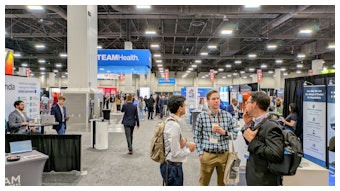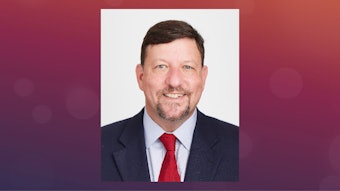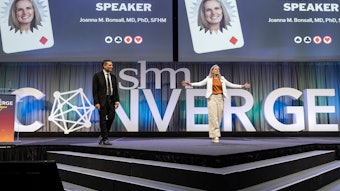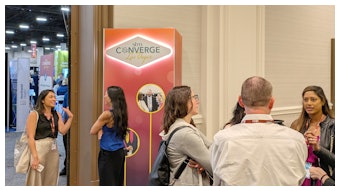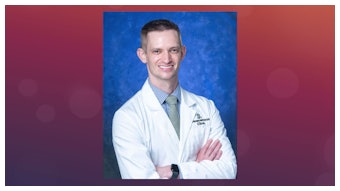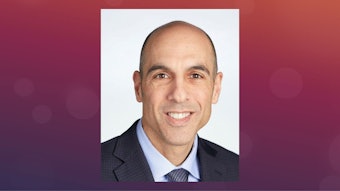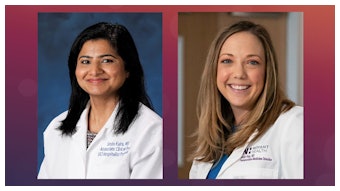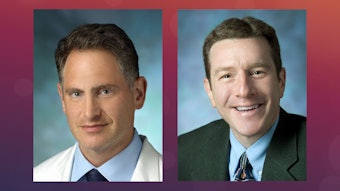Retraining your brain
Learning to question why you do some of the things you have been taught to do.
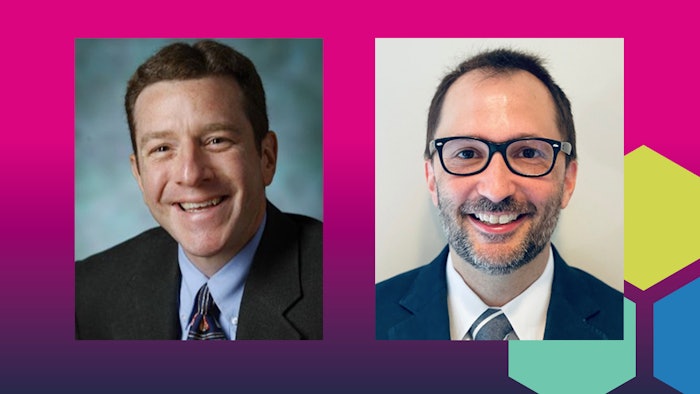
There are things that all hospitalists do because, well, that’s just the way it’s always been done. But some of those things could be hurting more patients than they are helping.
A classic example is treating hypertensive urgency patients in the hospital with IV medication. Lenny Feldman, MD, FACP, FAAP, MHM, associate professor of internal medicine and pediatrics at Johns Hopkins School of Medicine in Baltimore, said the hypertensive urgency may in fact not even exist.
“Hypertensive urgency is a malady that was created without a lot of data behind it. Without any end organ damage, there is no actual ‘urgency’ to treat it,” he said. “There is importance in treating it, but there is no urgency — meaning it doesn’t need to be treated over the next hours, but rather over the next weeks or months.”
Dr. Feldman, along with Anthony Breu, MD, FHM, director of resident education and medical service at VA Boston Healthcare System, will highlight more examples and address some longstanding myths in Monday’s session, “Things We Do for No Reason.”
The doctors are not strangers to these issues, having co-written a column by the same name in the Journal of Hospital Medicine for many years and presented their session to Converge since 2012.
Dr. Feldman said it is important for hospitalists to reconsider their thinking when it comes to diagnostic tasks and treatments that are outdated because either they never had ample data behind them to begin with or a better way to do it has come along.
“They are traditions passed on from generation to generation,” he said. “In your residency, if you’re taught to practice in a certain way, you just do it generally for 10-15 years after graduating from residency or fellowship. We want people to question more often some of the things they do. Some things they do from rote memory are not actually evidence based, and there are better ways.”
Another classic example of this, according to Dr. Feldman, involves the level of potassium a patient should have.
“We’re often taught that patients should have a potassium of greater than 4, but there’s a lot of data suggesting we don’t need to have a potassium of 4, but rather should be targeting 3.5 to 4,” he said. “When you’re getting over 4, you actually are starting to increase the patient’s risk of having a negative outcome.”
Dr. Feldman promises this year’s “Things We Do for No Reason” subjects could be game changers for the hospitalist field.
“I’m going to talk about a piece of information that we get very regularly that we don’t use for all that it’s worth,” he said. “We ignore information that can actually be extremely helpful. There’s information we have on a lot of our patients that we are leaving on the table, and our patients are suffering for it.”
Ultimately, Dr. Feldman said the idea behind what he and Dr. Breu do is to get hospitalists to question why they are doing what they do.
“Is what you’re ordering something this patient needs? Or are you ordering it just because you’ve always done it that way?” he asked. “We spend $4.5 trillion on health care in this country. We spend more of our nation’s GDP on health care than any other nation by far, and the results we get as Americans are not nearly as good. So, we’re spending our money on the wrong things. One of the largest buckets of health care waste is overuse of a lot of tests and treatment. The second largest bucket of waste is our failure to do enough prevention.”
Visit SHM Meeting News Central for more coverage.

